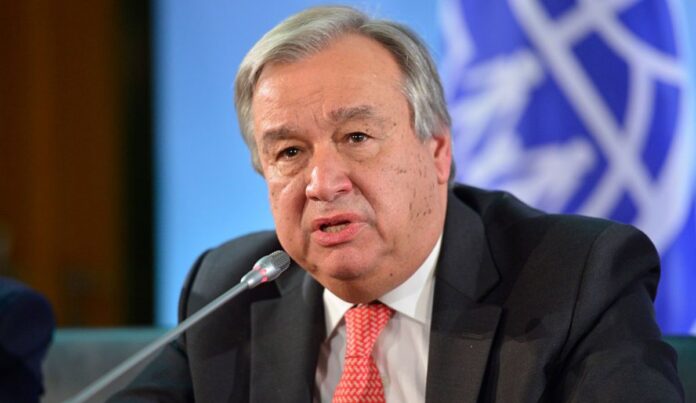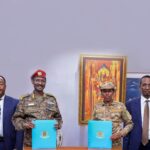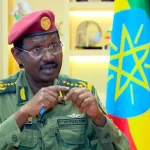
Hundreds of residents fled the Somali capital Mogadishu Tuesday following heightened tension between government and opposition armed forces.
People could be seen loading their household items into public transport vehicles while some used donkeys to move out of the restive city following skirmishes which started on Sunday.
Some of the residents who spoke to Xinhua said they feared for their lives and had decided to move to the outskirts of the city.
“I fear for the safety of my family. That is why I have decided to move out of Mogadishu with them,” Ahmed Mohamed who was with his children said.
Another resident Amina Nur called on the two sides to tone down and save the country from another war.
“I call on the two warring factions to calm down and spare us another fight,” Nur said as she packed her stuff, ready to leave.
The heightened tension comes as the UN chief called on all Somali stakeholders to resume negotiations immediately and forge an agreement based on the Sept. 17 electoral model and Baidoa proposals to break the political stalemate that threatens the stability of Somalia.
Antonio Guterres, UN Secretary-General said in a statement on Monday evening that the world body is concerned about the recent armed clashes in Mogadishu.
He reiterated his call for all Somali stakeholders to refrain from further violence and resolve their differences through dialogue and compromise.
The political crisis was sparked on April 12 when the Somali Lower House of Parliament voted to extend the terms of the executive and the legislative arms of government despite stiff opposition from some foreign nations and the Upper House leadership including opposition leaders.
Critics on the term extension have said the move will reverse security and development gains that have been realized in Somalia.
Meanwhile, the international partners on Tuesday condemned the outbreak of violence in Mogadishu Sunday, saying they have repeatedly warned that the extension of mandates would lead to a political crisis and undermine peace, stability, and security in Somalia.
“In the wake of the violence on 25 April, we urge all sides to exercise maximum restraint, resume dialogue, and avoid unilateral actions that may lead to a further escalation,” the partners which included the African Union, the United Nations, the European Union among others said in a joint statement issued in Mogadishu.
The partners said they were alarmed especially by the emerging fragmentation of the Somali National Army (SNA) along clan lines, which detracts from its primary task of combating al-Shabab and protecting the Somali population.
They said the use of security forces for the pursuit of political objectives is unacceptable and reiterated that the pre-election deal reached in September 2020 remains the only agreed model for elections and urged the signatories to this agreement to return immediately to talks on that basis.
The partners welcomed the decision of the African Union Peace and Security Council to appoint a special envoy to help resolve the political crisis in Somalia and urged that this high-level representative to arrive in Mogadishu and begin work as soon as possible.
“We stand ready as partners to extend our support to this Envoy, and meanwhile we continue efforts to bring the parties together,” said the partners, reaffirming their respect for Somali sovereignty, unity, territorial integrity, and independence.
President Mohamed Farmajo whose four-year term officially ended on Feb. 8 has been unable for months to reach a truce on how to carry out the election, with the regional states of Puntland and Jubbaland objecting on some electoral issues.




